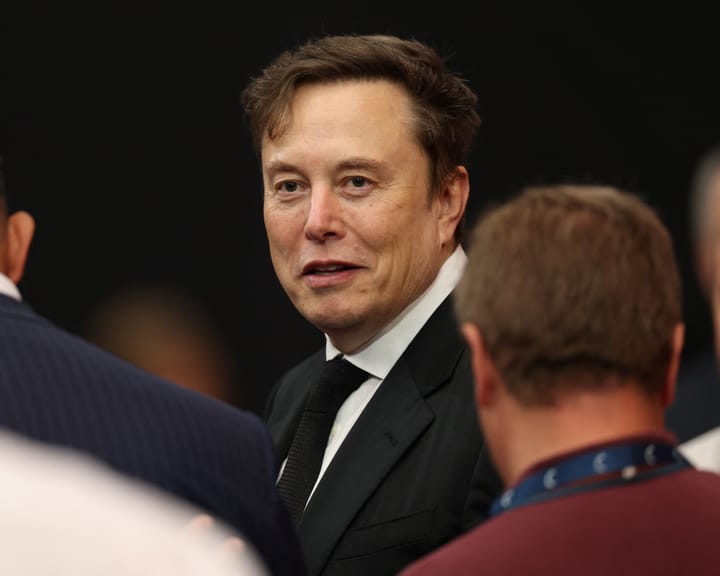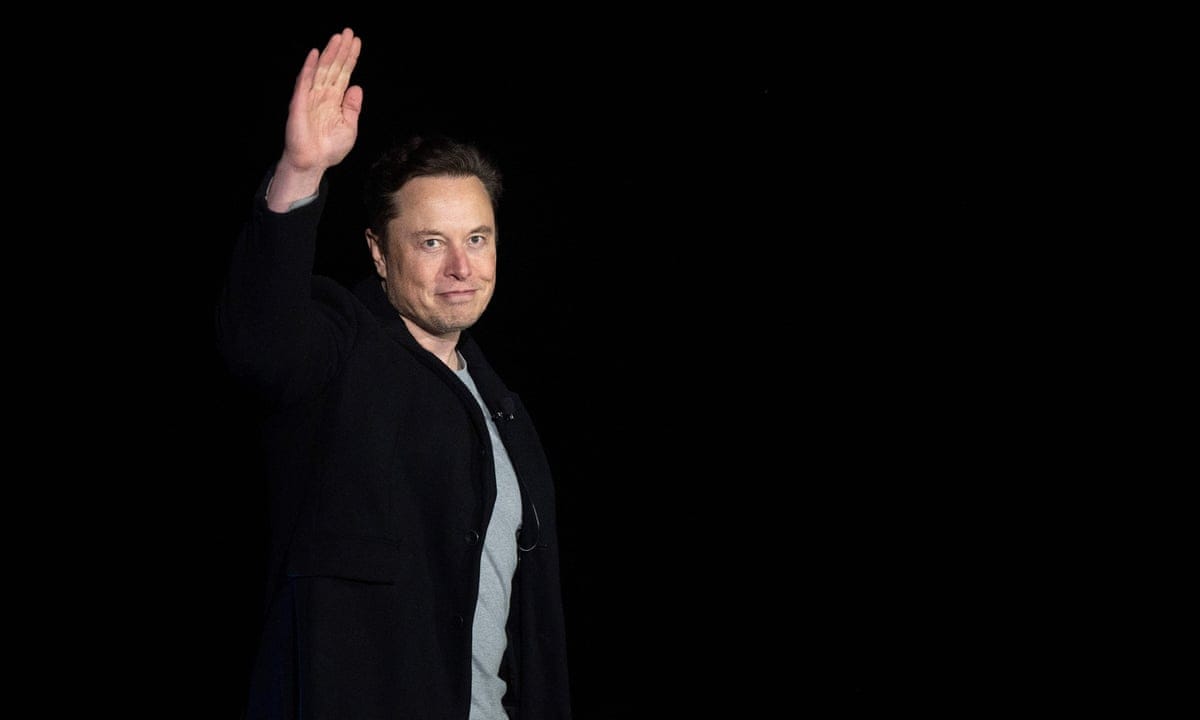Elon Musk disclosed his decision this week to relocate the offices of his companies Tesla and SpaceX from the Golden State to Texas, marking an escalation in his longstanding disagreements with California's leadership.
A year ago, Musk vowed against moving Tesla's headquarters out of San Francisco amidst claims that the city was spiraling into decline - a sentiment he expressed in a poignant social media post: "You only know who your true friends are when adversity strikes. San Francisco, beautiful San Francisco, though others might abandon you, we will remain steadfastly by your side."
However, Musk's stance appears to have shifted following the enactment of a new California law concerning transgender education in schools - an issue he used as justification for his departure. "The governor has signed legislation that causes significant distress and risks long-term harm to families," he stated on Twitter, hinting at broader implications beyond business concerns.
Some suggest the timing of this announcement signifies a strategic political move from Musk. The decision coincides with his endorsement of former President Trump and a commitment to donate $45 million monthly to a Super PAC supporting him, according to Sarah Kreps, a policy analyst at Cornell University.
Musk's history with California is well-documented. His venture, SpaceX, launched in 2002 from Hawthorne within the Los Angeles metropolitan area and received numerous tax benefits over two decades - totaling more than $3.2 billion in direct and indirect subsidies as of Governor Gavin Newsom's records.
Despite its symbolic importance, this move may reignite discussions about San Francisco's perceived "doom loop." X, formerly known as Twitter, was one of the last significant tech companies to maintain substantial facilities in downtown San Francisco - a city grappling with an economic and social decline.
The decision comes after several large tech firms, including Meta, Salesforce, Snap, Lyft, Block, Airbnb, and PayPal, have reduced their footprints or downsized in downtown San Francisco over the past two years. The exit of X's headquarters could represent another significant blow to an area already struggling economically, with nearly half its office spaces and retail areas vacant.
However, many employees and customers associated with Musk-owned companies are likely to remain based in California, rendering these moves largely symbolic rather than practical according to industry experts. Previous relocations of Tesla's headquarters from California to Texas occurred due to the state's coronavirus measures deemed "fascist" by Musk. Despite this move, multiple Tesla manufacturing plants remain in California today, including its largest facility - a gigafactory in Fremont.
The impact of these decisions will likely be more pronounced for SpaceX and X than other tech firms due to Musk's insistence on employees returning to the office full time after acquiring Tesla. Both companies have strict mandates regarding employee presence at work sites.
Musk's announcement, coupled with his criticism of California governor Gavin Newsom via social media, ignited a contentious exchange between them. Despite potential political motivations, the logistics of relocating employees from one state to another remain challenging and complex.
Read next

"AirPods Pro 3 reviewed: Upgraded battery, superior noise cancellation, top-tier performance"
Apple’s widely used AirPods Pro wireless earbuds have returned for their third iteration, offering improvements in comfort, battery performance, integrated heart rate tracking, and enhanced noise cancellation. The new model appears poised to be as prevalent as earlier versions.
Three years have passed since the previous release, yet the

"Peter Thiel's secret talks on antichrist shed more light on him than doomsday"
Peter Thiel’s Unusual Academic Pursuits
Peter Thiel is known for his skepticism toward academia. Yet, in four recent private lectures in San Francisco discussing the antichrist, the billionaire investor has made an unexpected case for intellectual credentials.
During these wide-ranging talks, Thiel appeared to channel the eclectic thinking he

"X resolves $128M severance dispute with former Twitter executives"
# Elon Musk and X Reach Settlement with Former Twitter Executives Over Severance Dispute
Elon Musk and X have resolved a legal dispute with four former high-ranking executives of Twitter, including the company’s ex-CEO, who alleged that the billionaire withheld $128 million in severance payments after acquiring the social media

